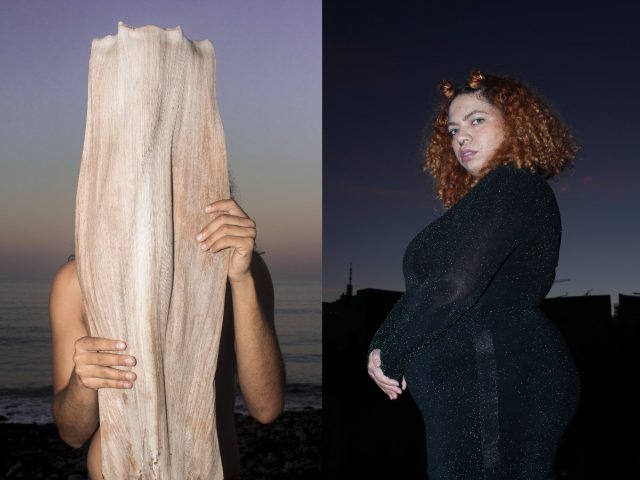- Opera
Desire in Tristan and Isolde
Tue, May 10, 2022

In the vision of Philippe Grandrieux, the director of Tristan und Isolde, the latter is the driving force behind the passionate drama of Tristan and herself. She is an erotomaniac who wants to possess and swallow him whole. Philippe Grandrieux's direction focuses on Isolde's desire and not the desire of both of them (as classical literature usually reads Wagner's opera).
In the 'sickly' passion of Isolde for Tristan, the death drive is central. Tristan, who is seen here as a suicidal melancholic, allows himself to be carried away by Isolde's dynamics. Both are absorbed in the night realm, which represents the union of love and death, Eros and Thanatos. Tristan and Isolde finally surrender to Isolde's desire, to love for love's sake, to the pulsations of death.
O descend upon us, night of love, give oblivion that I may live; take me up into your womb, set me free from this world!
Richard Wagner in libretto Tristan und Isolde
Wagner's opera is known for its sustained harmonic tension, for the enigmatic, dissonant-sounding Tristan chord we hear in the first bars of the prelude to the entire work. It is only at the very end, after hours of drama, that the tension of the beginning is resolved. It acts as the release of one long-drawn-out orgasm. Paradise is finally reached but through a long and agonising process of unrelenting, insatiable desire. According to Philippe Grandrieux, the orgasm in Tristan und Isolde is the expected resolution of the music since the beginning of the opera; it is the last note, the tone that resolves the famous Tristan chord. The chord that opens the work and leaves us in suspense. Paradise, at last. We have to go through hell to reach paradise.
The orgasm is the resolution we have been waiting for since the introduction, the last note, the one that resolves Tristan's chord, that opens the opera and leaves us in suspense. Paradise. You have to go through Hell to reach Paradise. B major.
Philippe Grandrieux